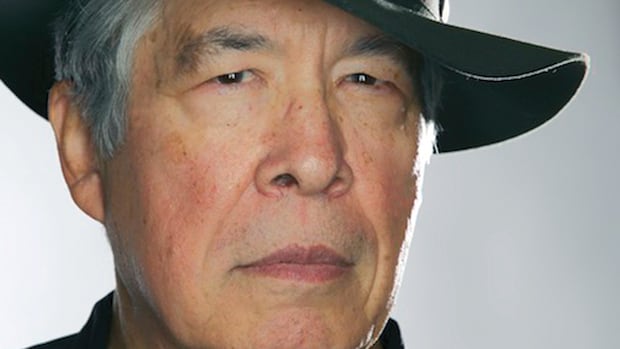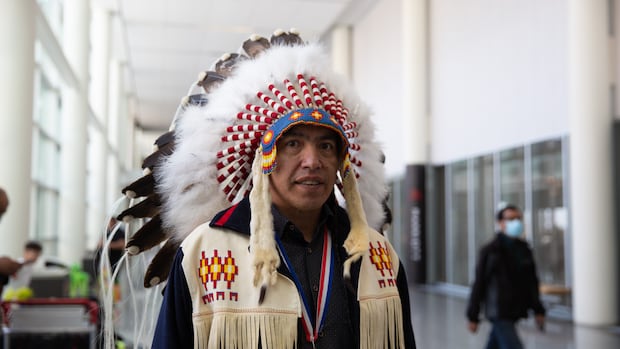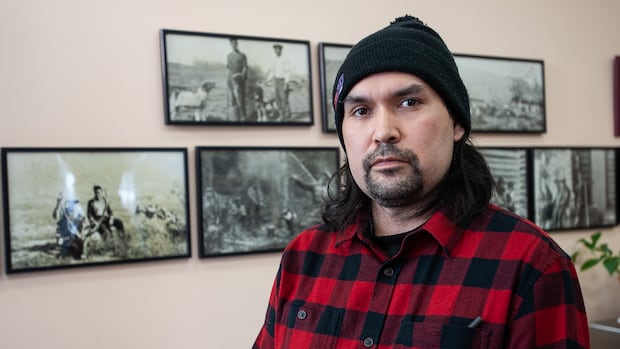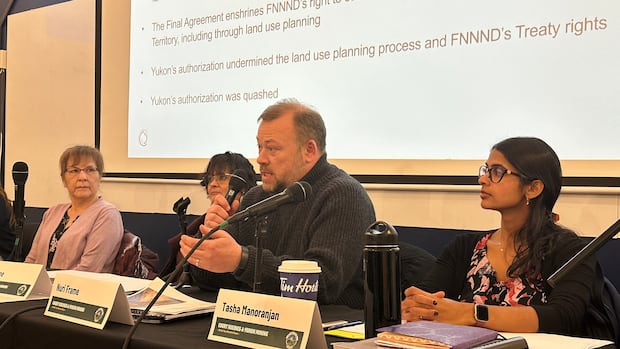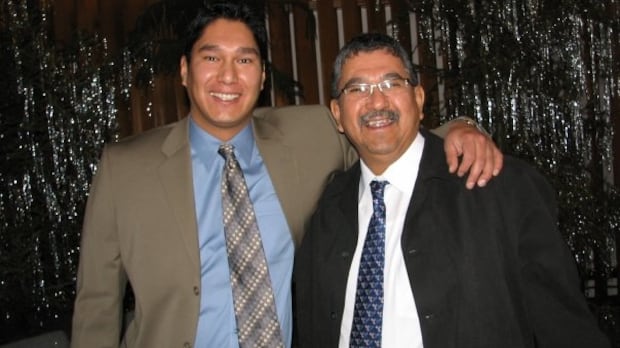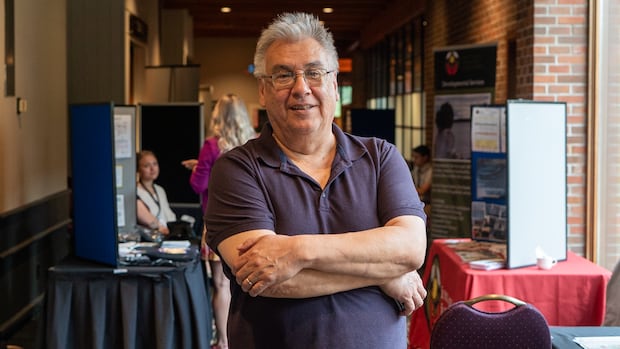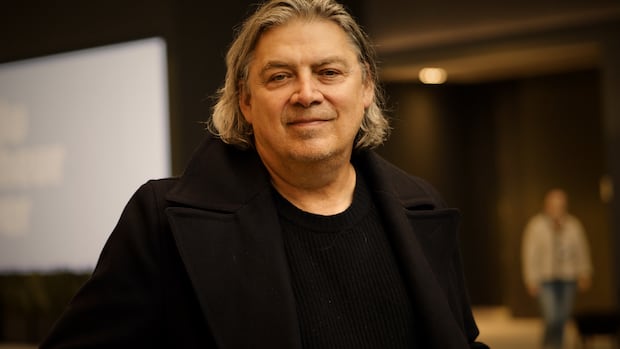Listen to this article
Estimated 5 minutes
The audio version of this article is generated by text-to-speech, a technology based on artificial intelligence.
While he understands the need to cut back on spending, Donny Morris says Prime Minister Mark Carney’s first budget does not send the right message to First Nations.
The chief of Kitchenuhmaykoosib Inninuwug (KI) — a remote Oji-Cree community about 600 kilometres north of Thunder Bay, Ont., — is worried about the fate of his community’s KI Family Law program.
The program, also known as KIDO (Kitchenuhmaykoosib Inninuwug Dibenjikewin Onnakonikewin) was launched in April 2023 with the passage of KI’s own law and creation of its own family welfare agency. It’s allowed the First Nation to assert jurisdiction over its child and family services.
KI leaders have spent the last 10 months negotiating a new four-year funding agreement with the federal government to support the program. However, last week they learned the agreement is only being extended for two years, raising uncertainties about its fate going forward.
“I was kind of surprised they would look at something that's community-grown, initiated by the community,” Morris said in an interview with CBC News.
“Next year, we're gonna be negotiating [again], and that's something that's hard on us.”
 Sharon Nate, chief executive officer of Matawa First Nations Management, says the new federal budget 'is concerning to many First Nations and organizations about the future of the services that are provided.' (Sarah Law/CBC)
Sharon Nate, chief executive officer of Matawa First Nations Management, says the new federal budget 'is concerning to many First Nations and organizations about the future of the services that are provided.' (Sarah Law/CBC)Carney's first budget under the Liberal government, which was narrowly passed by MPs last week, includes two per cent cuts at both Indigenous Services Canada (ISC) and Crown-Indigenous Relations and Northern Affairs Canada — almost $2.3 billion by spring 2030.
Elsewhere in northwestern Ontario, Matawa First Nations Management (MFNM) is attributing the federal budget to “a strategic realignment” of its programs.
The organization provides a range of health, education, economic and social services to eight First Nations in Treaty 9 and one in the Robinson-Superior area.
I was kind of surprised they would look at something that's community-grown, initiated by the community.- Donny Morris, chief of Kitchenuhmaykoosib InninuwugOn Nov. 14, it announced that “due to changes in federal funding, programs — such as Awashishewiigiihiwaywiin Social Services and certain programming within the Matawa Health Co-operative — will be discontinued.”
“Recent shifts in federal budget priorities have removed key funding avenues, including those supporting Jordan’s Principle and COVID-era wellness programs,” MFNM’s news release says.
Indigenous Services Canada respondsA spokesperson for ISC told CBC News in an email that it cannot share details about its agreement with KI Family Law, but “can confirm these talks are ongoing.”
“The Government of Canada is committed to supporting a comprehensive reform of child and family services to secure long-term positive outcomes for Indigenous children, families and communities,” ISC spokesperson Eric Head told CBC News in an email on Saturday.
“The government also acknowledges the ongoing call for related funding that is predictable, stable, sustainable, needs-based and consistent with the principle of substantive equality.”
LISTEN | Federal budget causes concern for First Nations organizations negotiating funding:5:38Federal budget causes concern for First Nations organizations negotiating funding
As for Matawa’s services, ISC spokesperson Maryéva Métellus told CBC News in an email on Friday that “we regret that Matawa’s programming has been affected during their strategic realignment,” and that “we continue to work with them on Indigenous Services Canada funding applications.”
“We are working with Matawa to identify funding options for children and youth, including Jordan’s Principle and other programs,” Métellus said.
ISC and Ontario co-fund seven mental wellness teams in Nishnawbe Aski Nation (NAN) territory. This includes Matawa’s team, which receives $500,000 annually plus surge funding, Métellus explained.
“Additional funding supports Matawa’s Health Co-operative, with over $1 million provided this year. NAN Hope services are also available,” said Métellus.
‘Where does reconciliation come into play?’CBC News has reached out to MFNM and is awaiting more details about programs and services that have been affected.
Meanwhile, Morris said he wants to see the federal government consider cutting overseas spending rather than paring back Indigenous programming.
“Where does reconciliation come into play?” Morris said. “Where is the true meaning from the government?”
In a news release issued by KI, Morris said federal funding instability “now threatens to extinguish this beacon of hope and undermine the very foundation of our agreement with Canada.”
“Canada has pulled the rug from under us,” he said.
MaryEllen Thomas, director of KI Family Law, added that it’s important for leaders to recognize “the power of Indigenous law enacted by Indigenous people.”
“Reconciliation requires not just words but real investment,” she said. “Together, we can ensure that what we have built is never dismantled — because reconciliation is not something you sever.”


